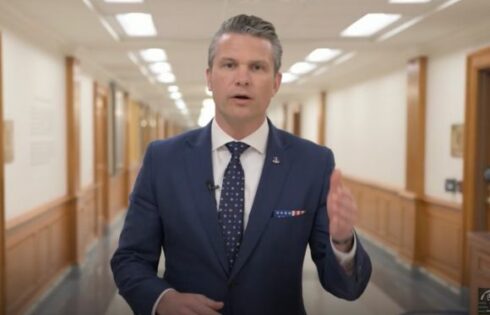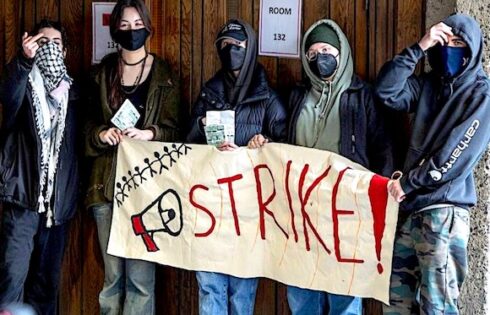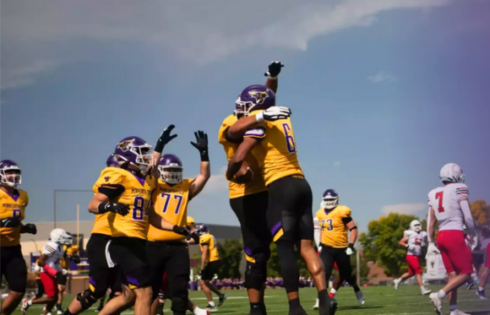
Although a reported 45% of Yale students agree with the college’s decision to keep John C. Calhoun’s name on the eponymous college in question, many are fearful of openly expressing that support.
“The reason is that people fear the intense, vicious, personal attacks that seem to come from sincere disagreements in philosophy,” said Kevin Olteanu, a member of the William F. Buckley Program.
“They are afraid of getting yelled at, losing friends, and jeopardizing their futures by making their opinions known.”
Yale Daily News columnist Cole Aronson, who resides in Calhoun, reports that “students [are] afraid that voicing their opinions might provoke ad hominem attacks from activists.
One student said “I know standing behind what you say is the right thing to do, but that only works if people who disagree are willing to engage in rational discourse.”
According to Aronson, among activists there doesn’t seem to be much of a willingness to do that.
“[M]any of the students protesting the decision view the naming dispute as a litmus test of basic decency, a position that precludes reasoned debate.”
The protests in the days after the announcement produced visually striking moments that gained traction in the news and on social media — lines of protesters solemnly exiting Battell, students gathering on Cross Campus to ceremonially rename Calhoun. But according to the News survey — which received responses from around 1,700 students, more than a third of the total undergraduate population — the campus is far from united: Nearly half the respondents, including more than a third of black students, said they support keeping the name.
“It is upsetting that a few loud voices can bully such prestigious universities into changing their lasting traditions,” one respondent wrote before the decision to keep the name was announced.
RELATED: Yale students choose history, tradition over political correctness
Austin Strayhorn ’19, a member of the Black Men’s Union who is in Calhoun and supports a name change, told the News that students have no obligation to be civil as they discuss the naming issue, because the dispute ultimately boils down to to an undebatable question of right versus wrong.
“There is no conversation that needs to be had,” he said. “Students have not been listened to when they’ve been respectful, so now they’re going to make some noise. If it makes people uncomfortable, if it makes other people feel like they can’t engage in a civil conversation on it, then so be it. We’ve been civil and it hasn’t worked.”
Head (used to be “master”) of Calhoun College Julia Adams said she hopes faculty “will do their utmost to enable all students to speak their minds so as to sort out their arguments and learn from others.”
That sounds great, but when college administrators and faculty have a history of caving to vociferous activists, no matter how absurd the demands, one needs a bit more than inspiring words.
Merely recall the abuse Yale’s own Erika Christakis and her husband Nicholas (mentioned in the Daily News article) had to deal with for daring to defend “culturally appropriative” Halloween attire.
RELATED: Due to their ‘racial overtones’: Yale to debate name changes to buildings and titles
RELATED: Student goes nuts in confrontation with Yale college master; many demand resignations
Like The College Fix on Facebook / Follow us on Twitter
IMAGE: notkoo/Shutterstock






Please join the conversation about our stories on Facebook, Twitter, Instagram, Reddit, MeWe, Rumble, Gab, Minds and Gettr.